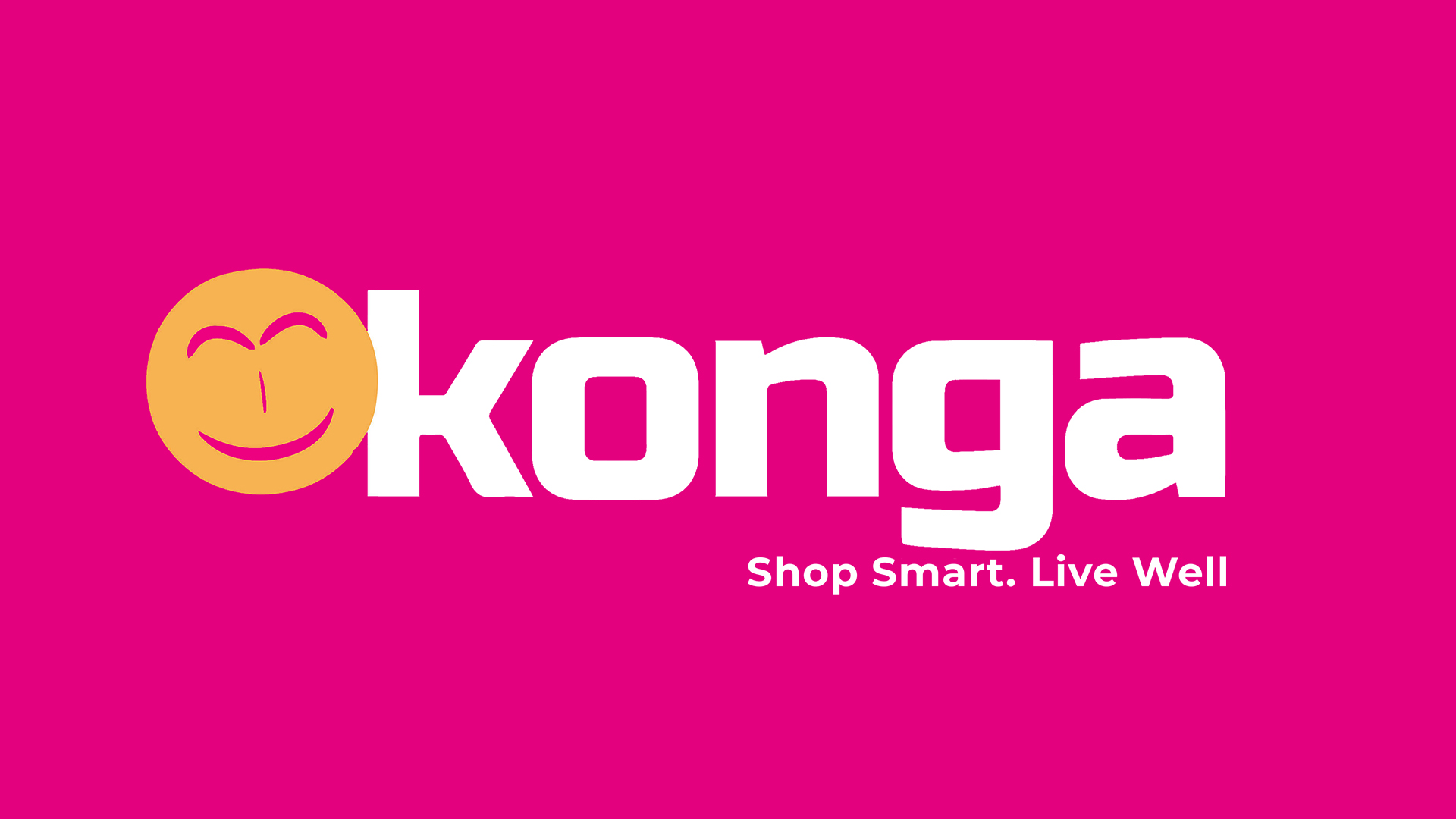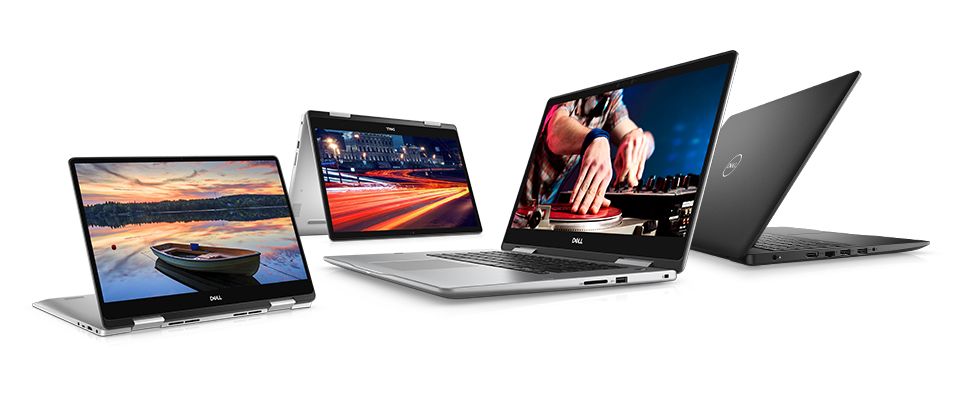As Europe, the Middle East and other continents face a scarcity of devices occasioned by the on-going global COVID-19 crisis which has disrupted supply chains across the world; the pandemic has sparked a spike in demand for laptops in Nigeria and Sub-Saharan Africa.
Investigations reveal that the COVID-19 crisis has necessitated a de-emphasis on mass gatherings, thereby prompting businesses and educational institutions in Europe and other continents to turn to virtual work in order to keep the wheels of their enterprise and academic pursuits turning. Consequently, staff and students have been encouraged to work and learn from home.
The development has seen increased demand for laptops and other work tools to enable staff that would otherwise have relied on work systems in the office; to be able to turn in productive work on personal laptops.
Also, a number of educational institutions in these advanced climes have embraced e-learning as a way to bridge the gap between tutors and students/pupils while complying with the lockdown being enforced in many of these countries.
Furthermore, parents and other social media-savvy youth have had to purchase laptops in view of the lengthy stay at home as a means of enjoying more convenient screen time for leisure activities such as chatting or seeing movies on Netflix.
These factors have all combined in engendering a scarcity of laptops in these zones; with supply stunted and few available units all being snapped up by eager shoppers. Consequently, attention has turned to Africa and to a larger extent, its biggest market, Nigeria for inventory.
“Businesses have bought up almost all available laptops in Europe for their staff working from home. The benefits of e-learning as a tailor-made solution for the lockdown in most countries has also seen increased demand for these tools. Most professionals and social media users have also considered bigger screens as a better option for the long stay at home as against mobile phones. This has seen a massive demand for laptops from other parts of the world, especially Sub-Saharan Africa,” disclosed Ravi Zack, a supply chain specialist based in Germany.
He disclosed further that Nigerian businesses with international outlook are being looked up to for help in meeting the supply gap in Europe and further afar.
As a matter of fact, Konga, one of the foremost e-commerce companies and largest stockists in Nigeria had fielded enquiries from some of the biggest products merchants in the UK and other parts of Europe.
“Konga has been identified as a credible outpost with the capacity to retain huge inventory which could come in handy to bail out a lot of people in Europe,” says Vipin Shaw, a mega electronics business owner based in Dubai.
“In fact, few international computer OEMs had recommended Konga as one of the structured sources that could be of assistance. TD Africa, another Nigerian-based tech firm, was also mentioned as a reliable HP partner which could be in a position to make some stock available.”
When contacted to verify these claims, Vice President, Konga Offline, Kalu Johnson admitted that some enquiries had been received over the past few days on the possibility of supplying laptops abroad at double the market price. Nevertheless, he affirmed that the management of Konga was considering the needs of Nigerians.
“Yes, Nigerians are not heavy on e-learning and we will make more money selling these devices over there. However, we are not so keen to push these devices abroad as we also have thousands of Nigerians who are in need of these PCs and laptops. Same goes for schools, businesses and other establishments in Nigeria.
“The Federal Government is enforcing a lockdown and the Ministry of Education has also urged educational institutions to go online to continue teaching and learning. Millions of Nigerians are also working from home this period. If we offload these devices overseas, who knows when we will be able to achieve such inventory capacity to serve the local needs, especially as no one has an idea when the COVID-19 crisis will end,” he said.
Nigeria is currently looking to curb the spread of the COVID-19 pandemic as confirmed cases rise across the country.

